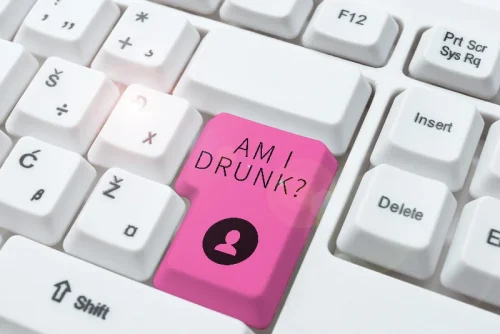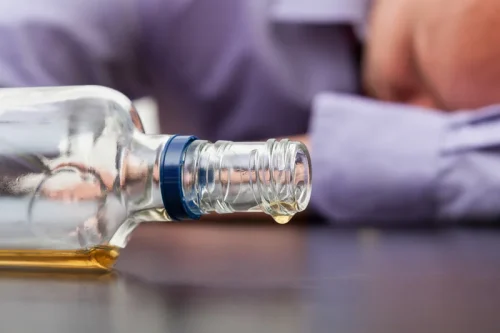What does alcohol do to your body and skin?

Some prefer quitting altogether while others reduce alcohol intake gradually. Even after moderate drinking, you may feel like you have trouble pooping. Research shows people who have a supportive social network are more likely to remain alcohol-free after withdrawal. Those with a wider circle of support have a better chance of staying sober. However, medical complications can occur during the acute phase of withdrawal. One study found that around 70% of participants had sleep problems when they were admitted for alcohol treatment.
Alcohol Metabolism in Bone
Alcohol can cause inflammation and damage to your liver when used heavily over prolonged periods. After stopping alcohol, inflammation in your liver caused by alcohol will subside. Most of this inflammation will be gone by your fourth week of abstinence. While any scarring caused by liver inflammation (called cirrhosis) will be permanent, the effects of inflammation itself will be almost completely resolved by week four. By week three, you will have saved about $450–$600 from not buying alcohol.
Alcohol withdrawal symptoms
- But if you’re committed to sobriety, it’s possible to achieve your goal.
- There are several ways you can help cut down the amount of alcohol you’re drinking.
- “And what ends up happening is our colon gets healthier as well.” A win-win situation.
Chronic, heavy alcohol consumption disrupts normal organ function and causes structural damage in virtually every tissue of the body. Current diagnostic terminology states that a person who drinks alcohol excessively has alcohol use disorder. Most significantly, the recovery process after cessation of alcohol consumption (abstinence) is explored.

Can cutting out alcohol bring about health benefits?

“All of the blood that carries these toxins goes directly to the liver to be processed, so if there are more toxins in the blood, those toxins will hurt the liver,” Hsu says. “Those cells are there to act as a barrier to prevent more toxic substances from entering the bloodstream,” explains Hsu, who is also a staff physician at the San Diego VA Medical Center. If all else what happens when you stop drinking fails, there are several antidiarrheal medications that can help with symptom management, like Imodium or Pepto-Bismol. Additionally, probiotics might help reinforce the good bacteria in your gut and help your system recover more quickly. While you can take probiotic supplements, we prefer to choose food sources that contain them, like kimchi, yogurt, miso and sauerkraut.

As your nervous system speeds back up once the alcohol exits your system, you may experience sleep disruption and wake up more throughout the night. “Insomnia is pretty common among people who abuse alcohol,” Dr. McGrath says. Even just one bout of drinking too much may weaken your body’s germ-fighting power for up to 24 hours. Over time, large amounts of alcohol blunt your immune system and your body’s ability to repair itself. In severe cases of withdrawal when symptoms are not treated, a person may experience generalized tonic-clonic seizures, delirium tremens, and even death.

Better-Looking Skin
If you don’t already have a supportive network, you can make new connections by joining social media communities dedicated to alcohol-free living. For example, research shows that people will see their stress levels, relationships, work performance, and self-confidence get better when they get sober. As alcohol is broken down and metabolized by your body, toxins get released.
Here’s What Happens to Your Body When You Stop Drinking for 30 Days
If you look out a longer time, people who drink are six times more likely to have a cardiovascular event within a week compared to people who don’t drink. When you stop drinking and start focusing on your health, you’ll likely start to feel better once your body is properly nourished. One of the most profound ways that alcohol affects you is through what it does to your body. After you drink alcohol, Volpicelli explains that the small molecules inside it get absorbed by your gut.
How to Recognize the Symptoms of Being Roofied to Protect Yourself and Others

“And the reason why we know this is because bacterial endotoxin levels—this is a toxin that can cause inflammation—actually start to rise within 30 minutes of people consuming the alcohol.” The symptoms of alcohol withdrawal delirium include withdrawal seizures that can occur between 8 and 28 hours after your last drink. Signs of an impending seizure include tremors, increased blood pressure, overactive reflexes, and high temperature and pulse.